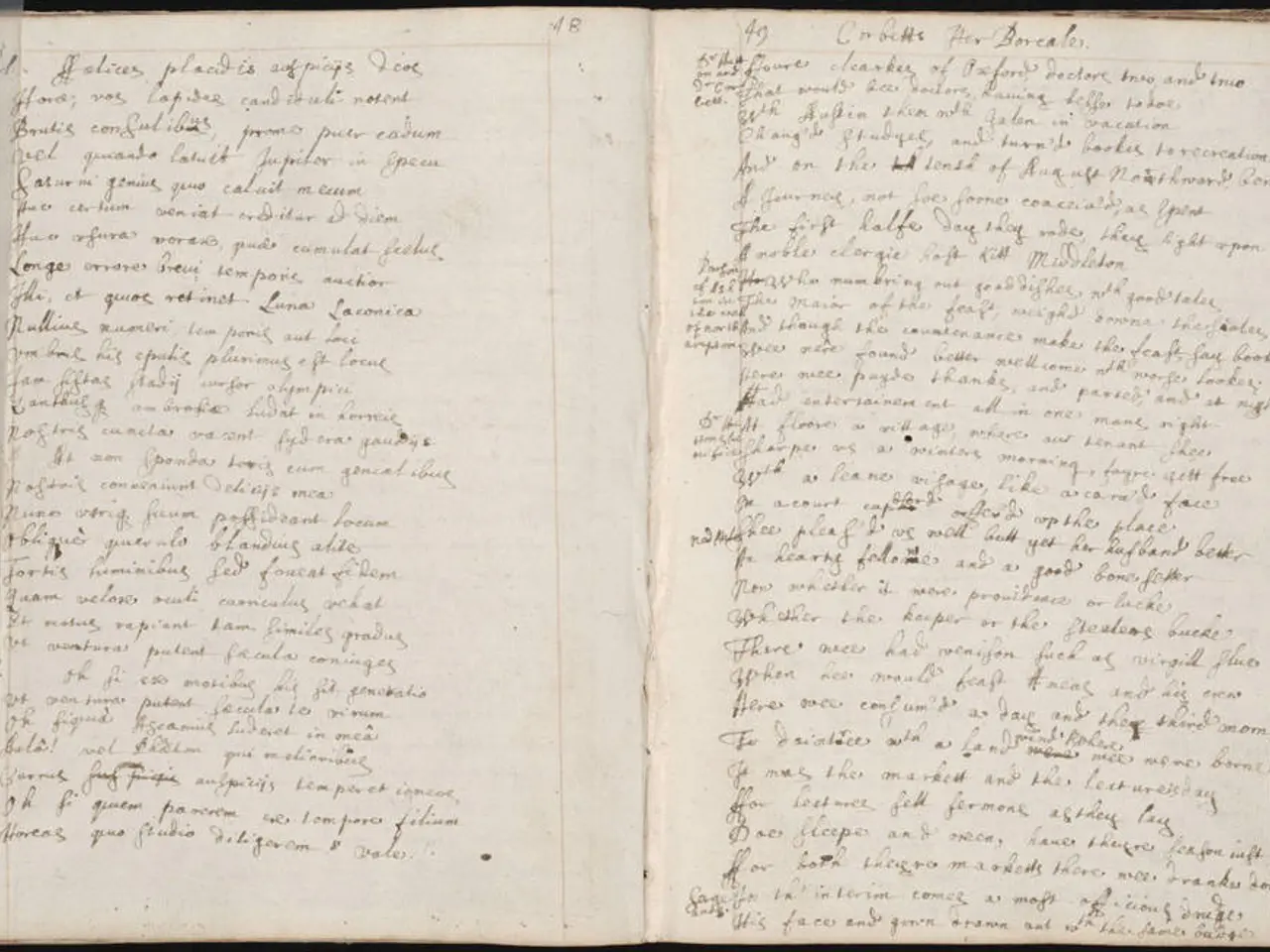Strategies for Overcoming the Burden of Non-Writing Regret
================================================================
Writing, like any creative pursuit, can be a challenging endeavour. There will be days when the words just won't flow, and you might feel a sense of guilt for not meeting your writing goals. But it's important to remember that feeling guilty is a normal emotion, and there are ways to manage it and turn it into productive motivation.
Meg, the creator of Novelty Revisions, a website dedicated to helping writers put their ideas into words, shares her insights on managing guilt when not writing. As a freelance writer and an eight-time NaNoWriMo winner with work published in various publications, she understands the pressures of maintaining a consistent writing schedule.
One of the first steps in managing guilt is to acknowledge that it is a normal emotion. However, it's essential to examine whether the guilt is rational or irrational. If the guilt is unfounded, it's crucial to forgive yourself and replace negative thoughts with positive, balanced thoughts about your writing progress or past accomplishments.
Next, it's essential to reframe your relationship with writing. Instead of pushing yourself harder, develop a repeatable, supportive system or structure tailored to your workload and emotional energy. This approach creates momentum and reduces the shame and fear that amplify guilt.
Identifying and managing external stressors that drain your mental energy and interfere with writing is also crucial. By setting boundaries, negotiating responsibilities, or removing non-essential tasks, you free up cognitive resources, reducing guilt about not writing and increasing your capacity to focus productively.
Practical strategies include protecting small, consistent writing windows, creating accountability with peers or groups, using unconventional time (like voice notes on walks), and clearly communicating your work needs to others. Additionally, working to change your internal narrative through coaching or reflective practices helps turn self-doubt and guilt into confidence and motivation.
Taking a day off from writing can also help alleviate the fear of breaking a writing streak. It's not necessary to write constantly to be creative. Exercising creativity in a different way, such as drawing, taking pictures, or decorating something, can help when feeling frustrated with writing.
Meg admits feeling guilt when not writing, but she also understands that it's not the end of the world if you don't write one day. It's possible to be creative without writing something, and the longer you write, the easier it becomes.
Life goes on even if you don't write every day. Starting to write is often the hardest part, but with mindful self-reflection, forgiveness, and a supportive system, you can manage guilt and turn it into productive motivation.
- Incorporating education-and-self-development resources, such as books on personal-growth and lifestyle management, can provide writers with strategies to overcome guilt and turn it into productive motivation, helping them maintain a healthy and sustainable writing routine.
- By connecting with a community of like-minded individuals who also prioritize personal-growth and lifestyle improvement, writers can find support in managing their emotions and guilt, fostering a livelier and vibrant writing journey.




